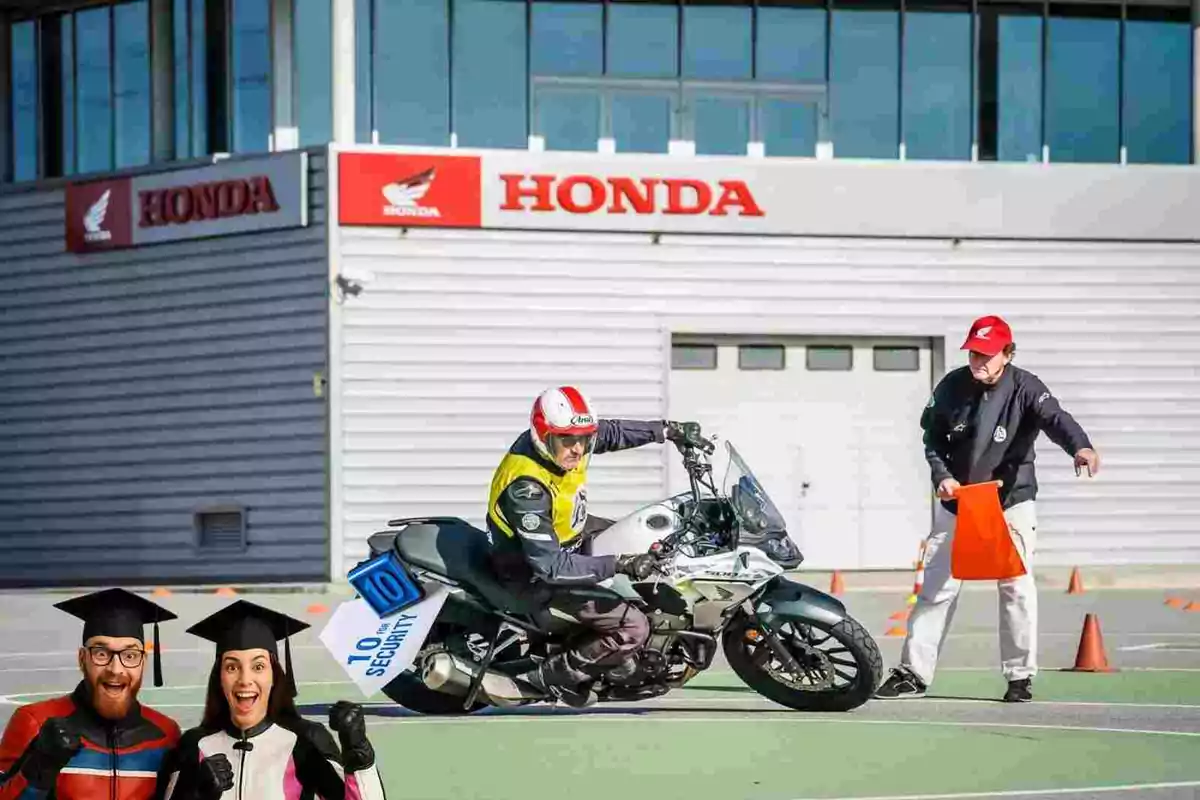
30 years as the brand that sells the most motorcycles and has the best training school
Since its origin in the 1990s, the Honda Institute of Safety has been more than a training center
Popularly known as HIS is a cornerstone in building a conscious, technical, and responsible motorcycle culture. What began as a modest initiative on the outskirts of Barcelona has ended up establishing itself as a benchmark in road safety education. Not only in Spain, but throughout Europe.
HIS's history began in 1992. Honda has been committed to training from the ground up, taking advantage of Montesa's test grounds in Esplugues de Llobregat. With more will than resources, they started weekend courses aimed at younger people.
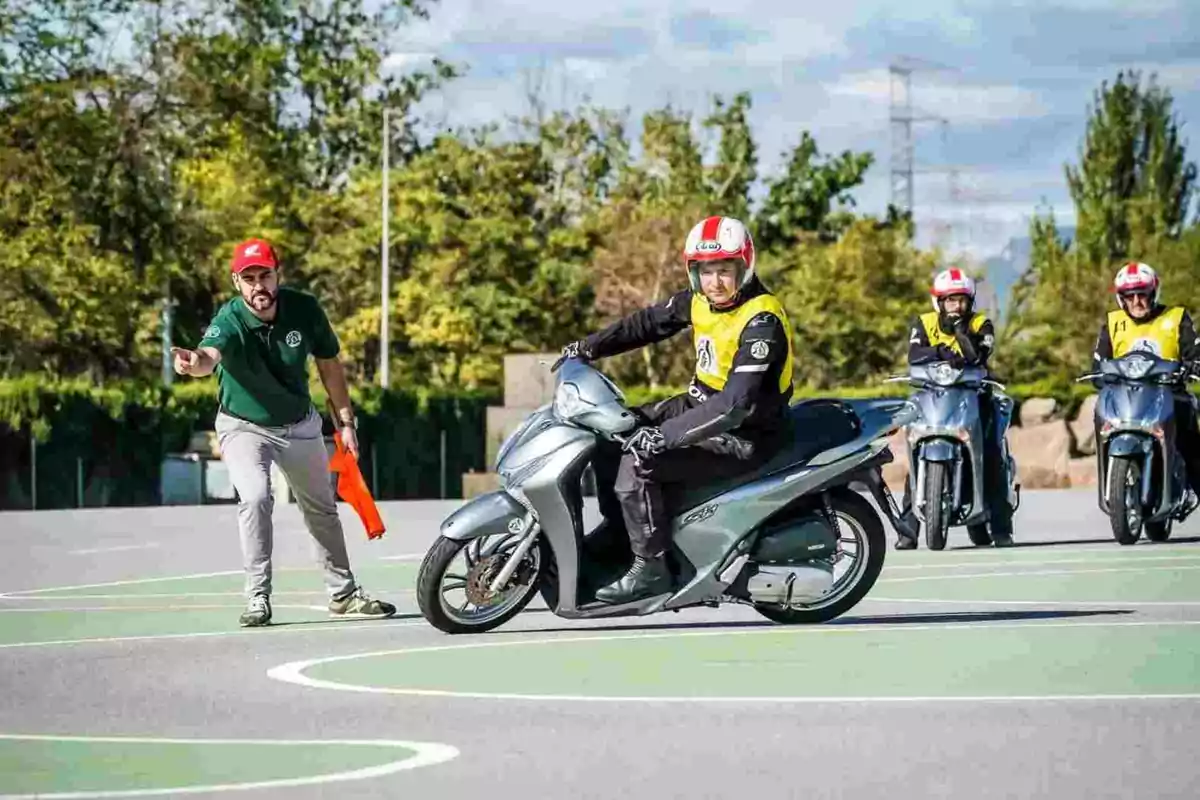
It was an attempt to plant the seed of responsibility at the handlebars from an early age. Even then, it was understood that the key wasn't to impose rules, but to develop judgment.
A pioneering decision for safety
Honda went further: they sent their instructors to Japan to absorb the safety philosophy that the brand has cultivated for decades. As a result of that vision, in 1996 new facilities were inaugurated in Santa Perpètua de Mogoda.
The range extends from 50 cc scooters to 250 cc motorcycles. With them, at HIS both novice users and more experienced riders have been trained.
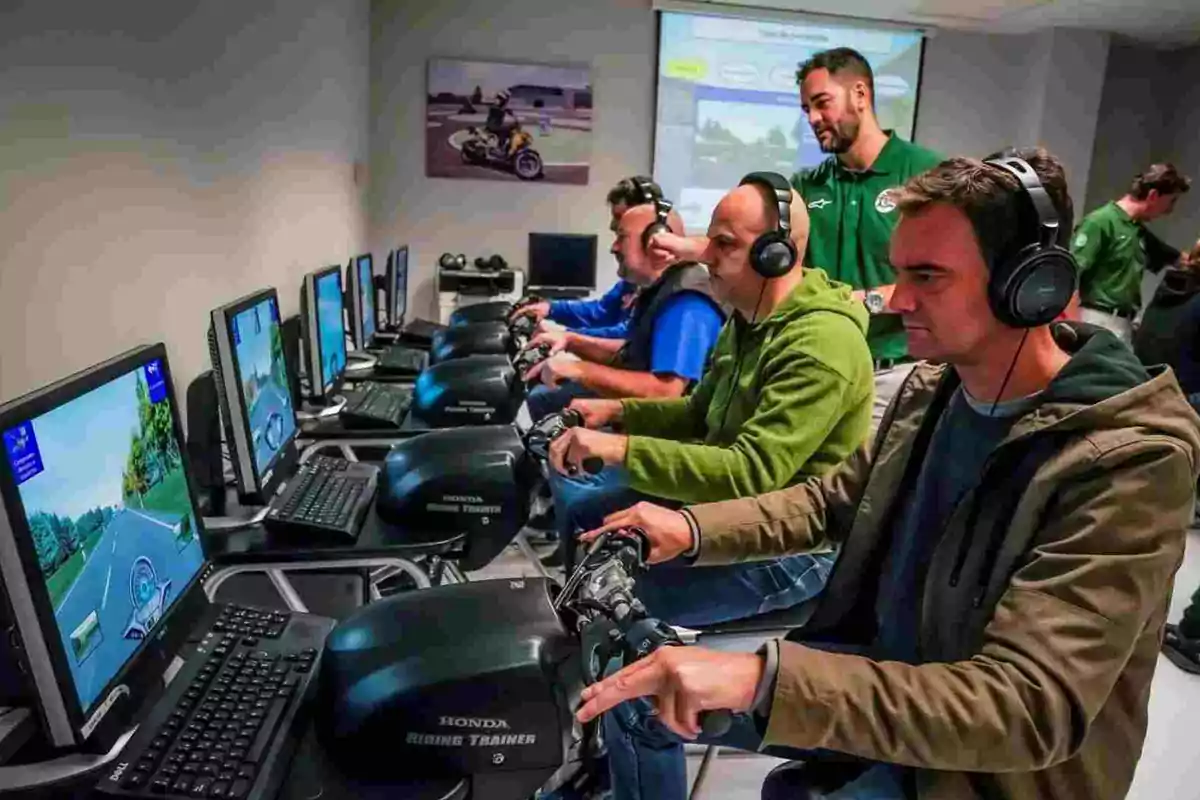
In 2009, after intensive development, HIS opened its permanent headquarters. It is a 215,278 sq. ft. (20,000 m²) facility.
It features asphalt circuits and low-traction areas. There are also off-road areas and classrooms equipped with simulators.
The investment, which exceeded four million euros, was the reflection of a deep conviction. It refers to the idea that safety isn't an accessory; it's an intrinsic part of the motorcycle.
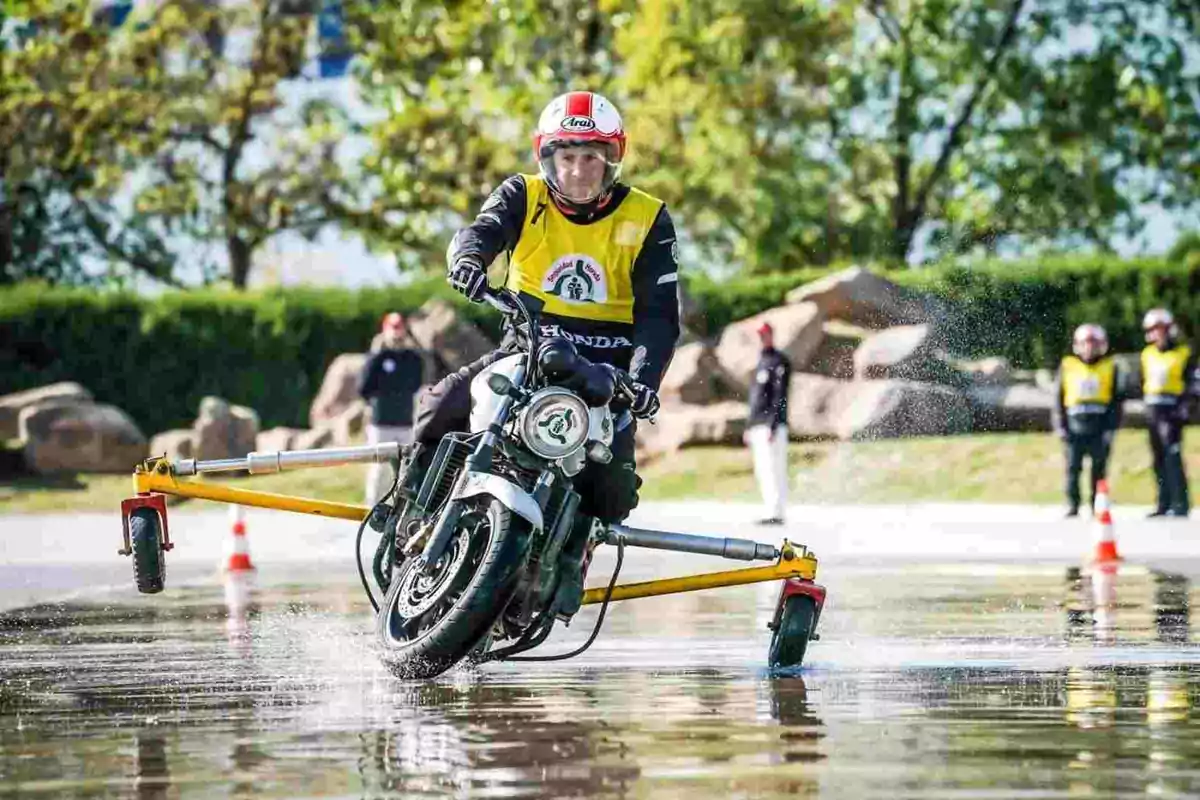
This commitment became even more relevant starting in 2003, when the surge in registrations was accompanied by a worrying increase in accidents.
In response, Honda delved deeper into the analysis of causes, identifying technical shortcomings, lack of knowledge about how ABS works, and an aging vehicle fleet. According to HIS, up to 70% of motorcycles in circulation don't have anti-lock brakes. This requires not only awareness, but real practical training.
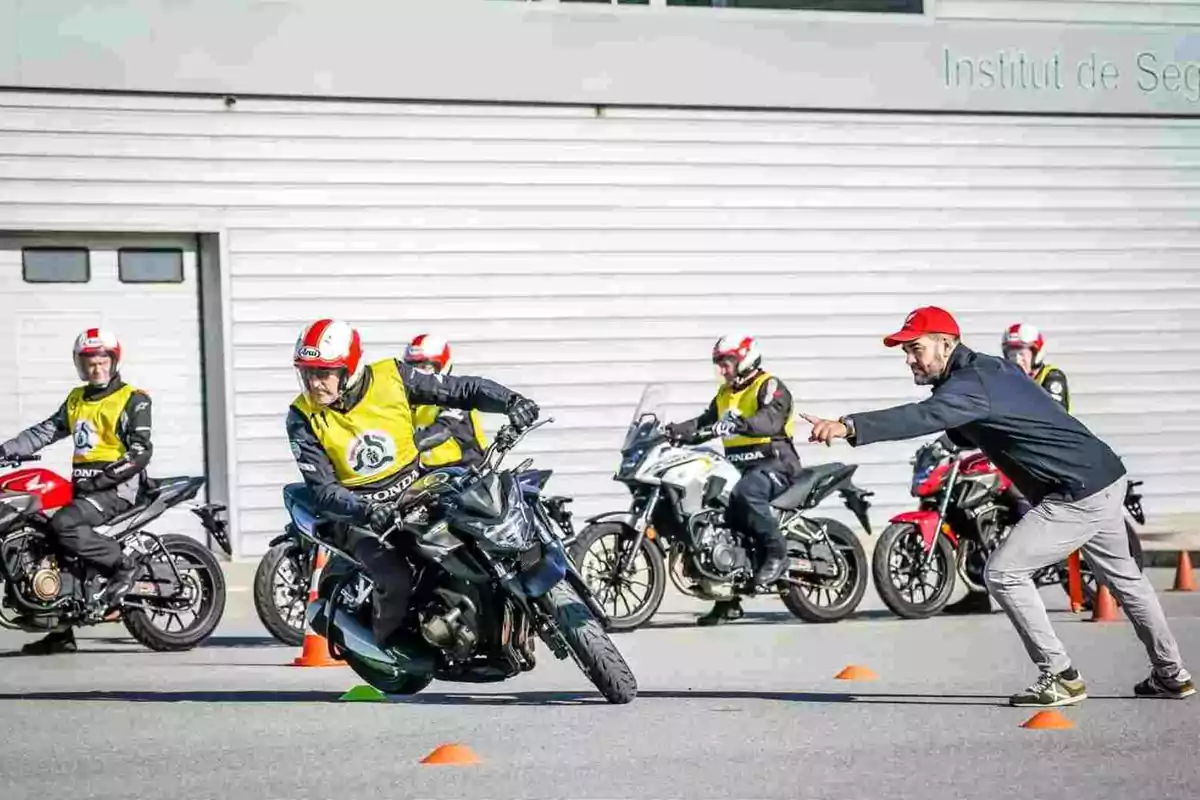
Today, HIS is the only center fully managed by a manufacturer in Spain, and its figures speak for themselves. It has brought together more than 30,000 students since its opening, an average improvement of 2.4 points in post-course evaluations, and a recommendation rate above 40%.
33% of its participants have less than three years of experience, and one in five repeats the training. It's no coincidence.
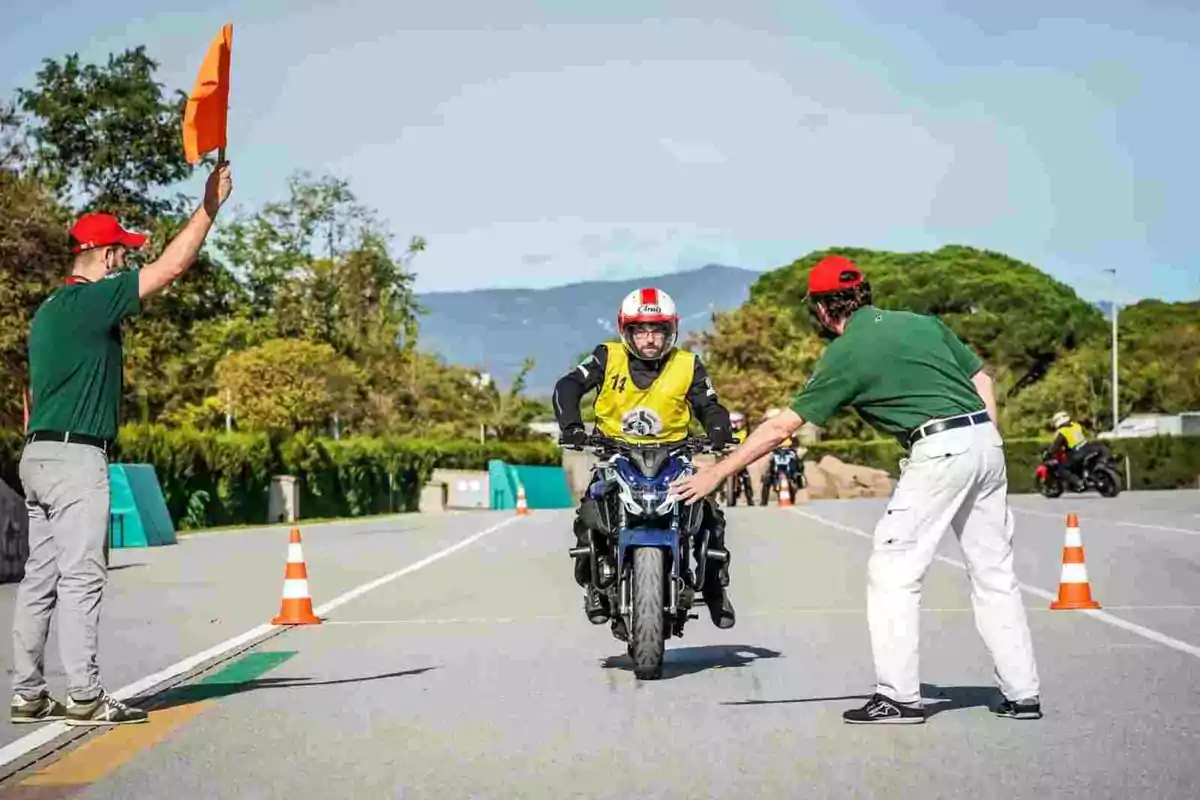
Teaching at HIS is structured around three pillars: technique, risk perception, and attitude. Albert Cavero is the current European Safety Manager at Honda Motorcycles. His statement is categorical: “in an accident, it's of little use to be right if you're the one who ends up on the ground.”
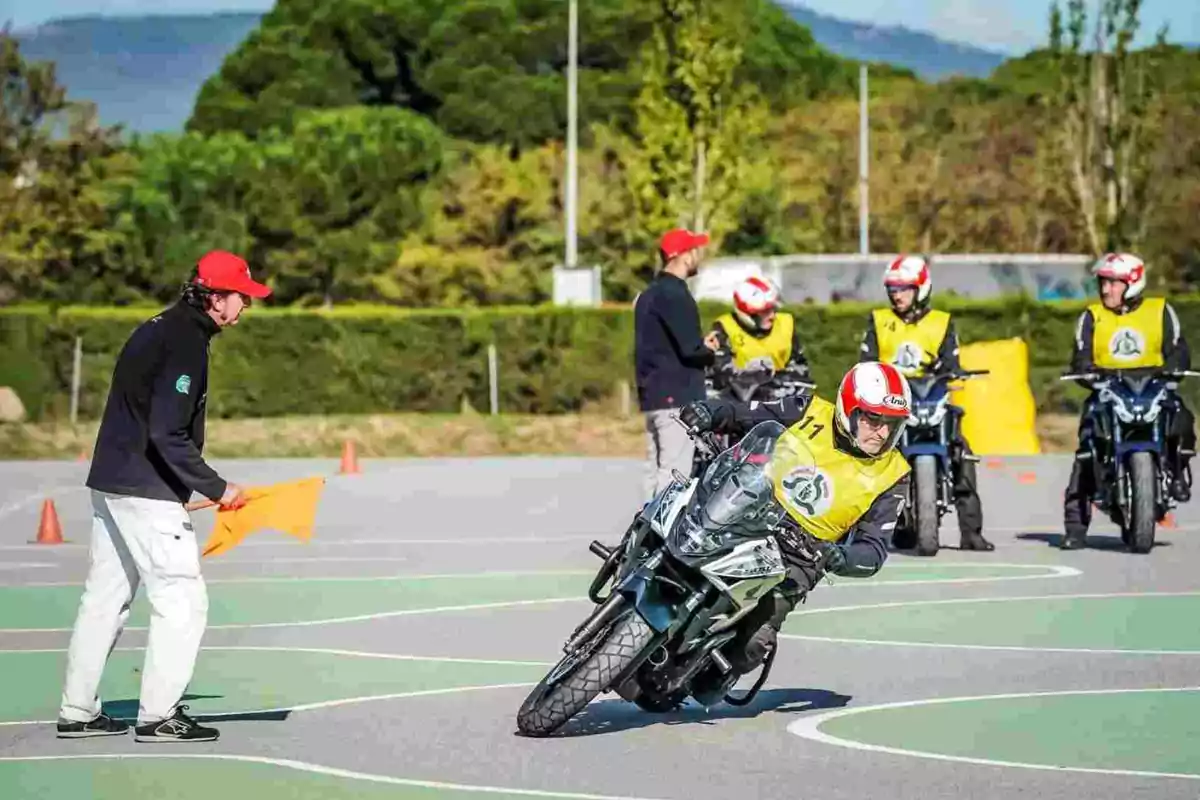
More posts: